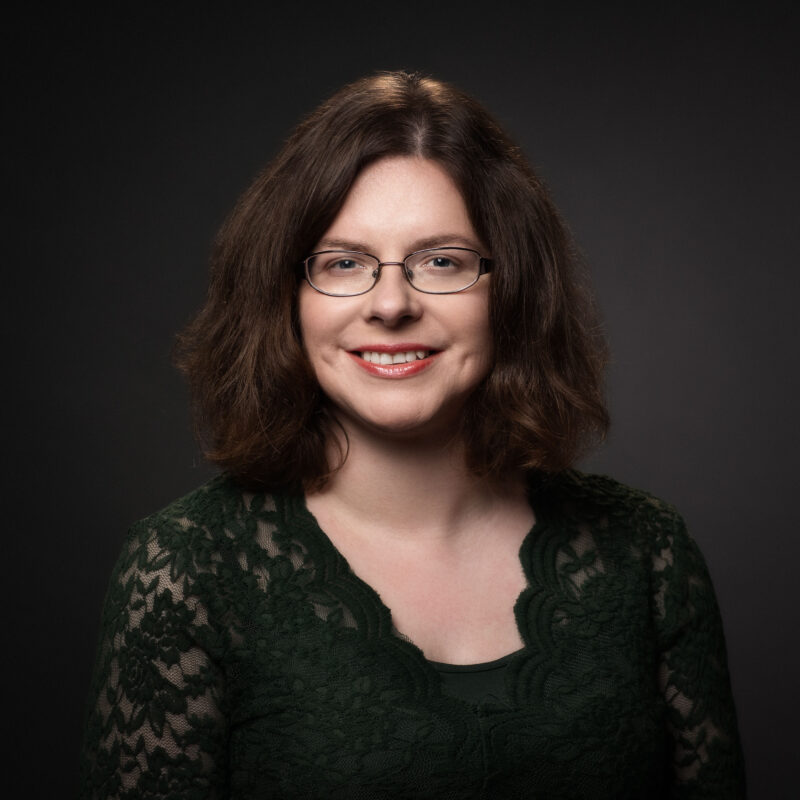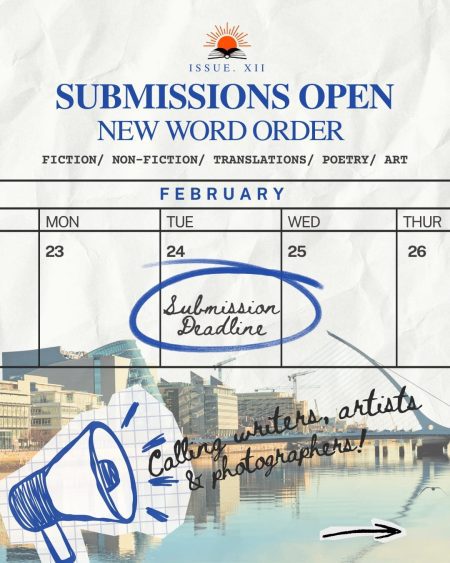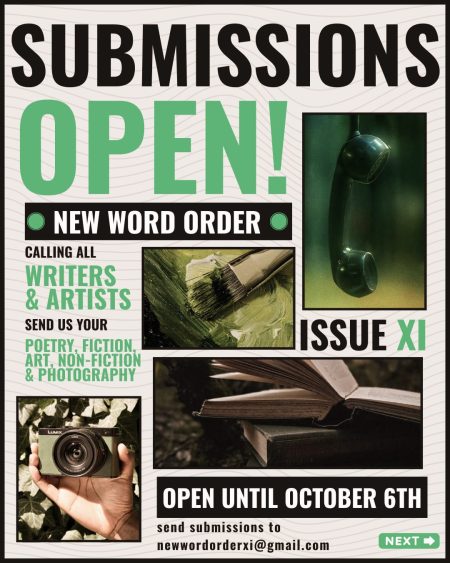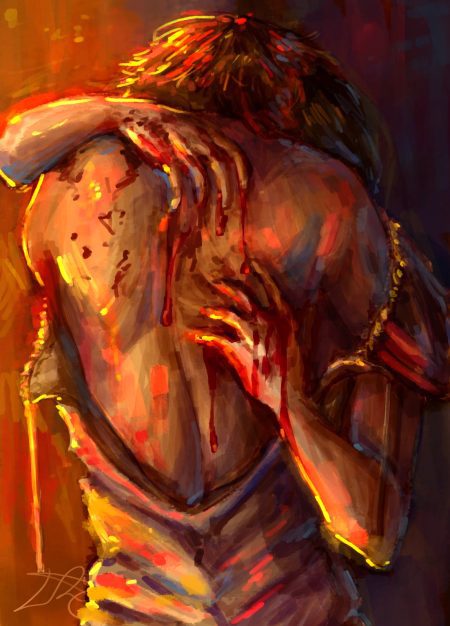Helen Corcoran
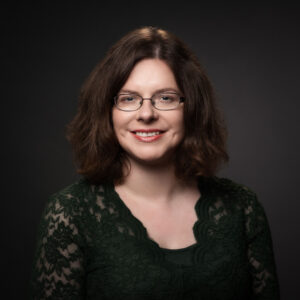
Helen Corcoran grew up in Cork, Ireland, dreaming of scheming queens and dashing lady knights. After graduating from Trinity College, Dublin, she worked as a bookseller for over a decade. She lives in Dublin, writing fantasy novels and haunting coffee shops in search of the perfect latte.
Q: Hi Helen! Thanks so much for being part of this exciting new literary journal, The New Word Order. Speaking of new, you published your debut novel this year. What was it like letting Queen of Coin and Whispers out into the world during the middle of the pandemic?
A: Thank you so much for having me!
I now have a post-it that says I must say at least two positive things about publishing during this year, as it’s way too easy to get mopey about it! It definitely wasn’t anything like I expected — Queen got delayed by six weeks, and Ireland was still technically in full lockdown when it published, so I was dependent on pre-orders and online sales for much of June. Publication experiences like mine are sadly just what it is for every book released this year from mid-March on. I was worried about how it would impact sales, but there’s only so long you can dwell on that kind of thinking because, as a debut, you have no sales history to compare it to. But my publisher and I did the best we could, and readers and bloggers rallied around the book. I’m lucky to have heard from people who really enjoyed Queen, both teens and older readers wished a book like it had been around when they were younger. I wrote it for sixteen-year-old me, so to know others felt like that, too, means a lot to me.
Q: When did you first know you wanted to be a writer?
A: I was eight years old and reading one of the Amelia Jane books by Enid Blyton, when it clicked in my head that someone had actually written this book. I knew I wanted to do that–write something that someone else would hopefully enjoy. I wrote my first (terrible) book when I was eleven, and have written ever since. I was kind of lucky I didn’t know how long it would take me to get published. You’d like to think you’d be stubborn enough to keep going, but it was over twenty years for me.
Q: Twenty years is certainly impressive. You strive to include diverse voices and characters in your work. Why is this important to you?
A: I grew up with very little LGBTQ+ representation, and even less of it being positive, so writing books where those characters are front and centre, driving the narrative, is really important to me. Because a lot of Western fantasy is influenced by certain traditions — Tolkien etc. — and draws from ongoing assumptions about medieval history — that Europe was primarily white, for example, which has been proven incorrect — I think it’s important not to write fantasy worlds that aren’t all white. Even fantasy world-building that uses Western tropes can subvert them and make them feel fresh by challenging those assumptions.
Because I’m white and a lesbian, I’m conscious of doing research and being aware of stereotypes. I also try to avoid writing stories centred around marginalised pain, both within and outside my identity. The former is of little interest to me, as it’s what I grew up with, and the latter is not my story to tell.
Q: Great answer! What do you do when you feel as though you’ve hit a wall in your writing?
A: I’ve hit enough walls that I now recognise it usually means I’ve taken a wrong turn, or made a wrong decision in the scene or chapter I’m working on. I usually give it a few days, then go back and either start the scene or chapter from the beginning, or go back a few paragraphs to see if I can figure out where I’ve gone wrong. For me, it’s like my gut is trying to tell me I’ve messed up. If I push through, regardless, I usually end up having to cut or rework the scene or chapter at a later stage, so I’ve learned to listen to my gut!
Q: That’s definitely some valuable advice. How was your publication journey from the writing stage of Queen to the publication? Is there anything you would change about it?
A: You know how you read interviews where someone submits to five agents, sends the fulls on a Friday and gets offers on a Monday, then sells the book within a week?
…this isn’t one of those.
I got the idea for Queen in late 2013 and finished the first draft in January 2015. I did a bunch of rewrites and then started querying in July 2016. I got a R&R (revise and resubmit) from an agent three weeks in, which took me about eight months to complete (I worked book retail and had people read it twice), and then started querying the new version in June 2017. I submitted it to The O’Brien Press through the slush pile in September 2017; they asked to see the full manuscript in February 2018 and then offered on it in April 2018. We spent 2019 working on edits and copyedits, and I got my finished author copies a week before lockdown in March 2020!
To put that timeline in context: I wrote around a full time job (bookseller) and still do (a different job now). I think more people need to be transparent about writing with a full time job, and what that means about having free time or a social life. I am always behind what everyone is watching, in terms of TV shows and movies. I love video games, but can only play them sparingly as I’m an obsessive completionist. I love writing, but it also feels like having homework for the rest of your life, and I often have to remember I’m essentially working two full time jobs and that’s nothing to be hard on myself about.
Between when I started querying to when O’Brien offered on the book, I queried approximately sixty (60) agents and had a 40% full request rate at my peak–and none of them offered representation. I actually got my agent after O’Brien offered on Queen. We’d been talking about my next book, and he agreed to represent me for future work and helped negotiate my contract for Queen. (I should add you don’t need an agent to submit to O’Brien, or get one if they offer on your book, but I didn’t know enough about contract negotiations and wanted an agent on board.)
People often say, “You only need one yes!” and, well, in this case, yes, I got the one yes! I’ve been very lucky: O’Brien loved Queen, and Lia and Xania, and when the pandemic hit, we were able to adapt as best we could to everything rapidly turning weird.
Q: I think it’s great to hear an author story that isn’t just about instant success, but more about the graft and dedication to your work. To the people thinking of submitting to a magazine like this or to somewhere else with their own work, what would you say to them?
A: Definitely try! So much about this process is down to luck and timing, but also hard work and practise. They all complement each other, rather than cancel each other out. And everyone in the process — writers, agents, editors — get rejected at different stages. And never be rude in response to a rejection, even if it’s a stinker. Writing is creative, but publishing is a business. Querying a piece of work is like a job interview.
Q: What was something you looked forward to when you released your debut, and what was something that frightened you?
A: I was really, really looking forward to it being out there, as a real book. As you saw above, I essentially only got the one yes, so I beat some horrendous odds, and was quite nervous about whether it would pay off. I was looking forward to going into a bookshop and buying my book on release day, and getting to keep the receipt, but alas, lockdown scuppered that so I had to buy the kindle edition instead for the email receipt!
Q: What is some of the best advice you remember receiving—writing wise or even just in general?
A: A writer must always believe in their work the most, as they will always be the strongest advocate for it. It’s turned out to be true!
Q: Some great advice! Congratulations on your recent nomination for an An Post Irish Book Award! Where were you when you received the news, and how did you feel?
A: I was actually lying on my bed, about to log in at my day job, when I refreshed my own email. I ended up sitting on my bed, crying!
Q: And finally, what is your parting piece of advice to aspiring authors and artists?
A: Even if a short story, or essay, or novel doesn’t get published, it doesn’t mean it’s a wasted effort. Writers improve by writing, and even a published writer won’t sell everything and will always have to move on to something new. (And always back up your work.)
